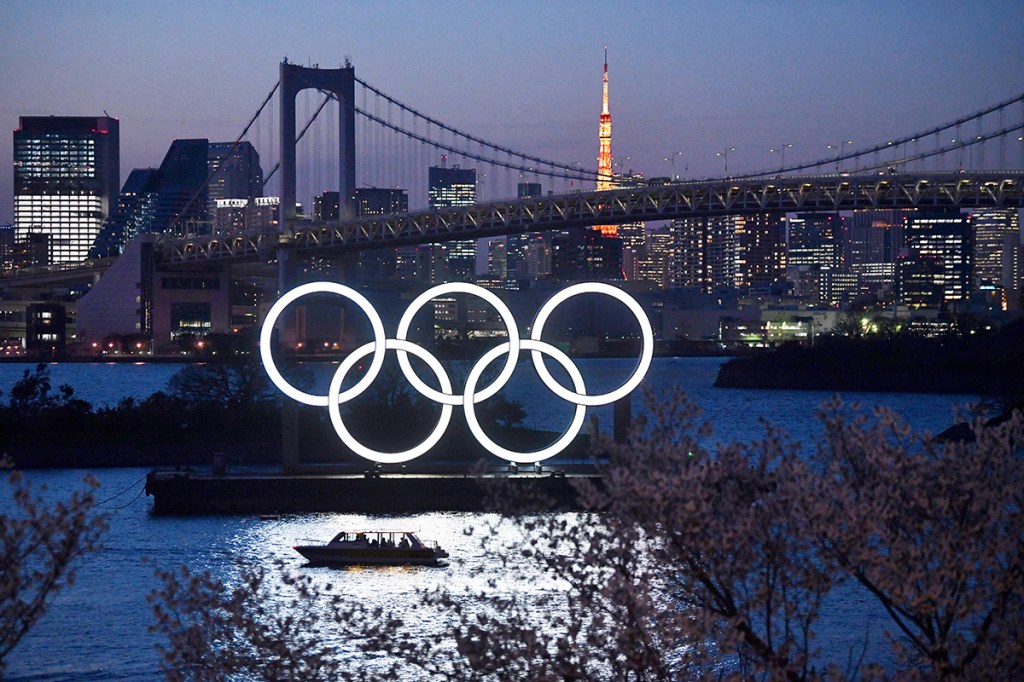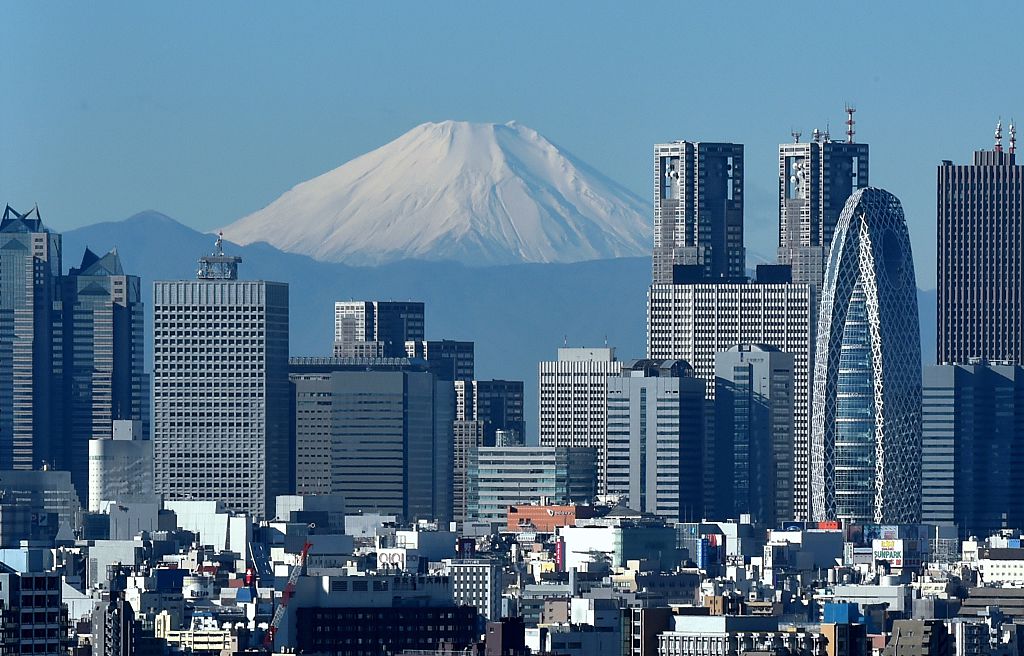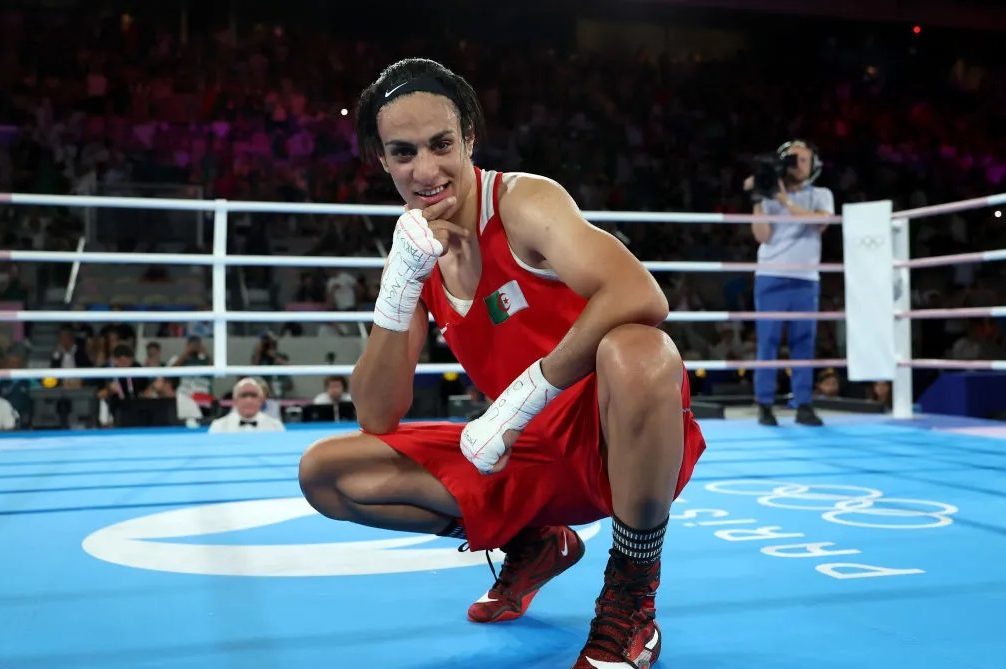Today, the world witnessed one of the most absurd spectacles in sporting history: a pricey, overblown ceremony exuding the usual platitudes about togetherness and international cooperation — delivered to an almost entirely empty stadium, just the use of light to give the illusion of an audience. The Tokyo Olympics has been seriously compromised by the pandemic. But why not seize the opportunity to change the games for good — and build back smaller?
The Olympics is a popular spectacle, to be sure. In the end, a majority of the British public even came to agree that the £8.77 billion ($14.8 billion) cost was worth it (it might be seen as even better value now, when this sum would buy you only a quarter of a test-and-trace scheme). But it is being squashed beneath its own weight. The idea of a truly global event has been undone by the cost of staging the games — and the cost of competing in many of its sports. That is why the usual contest for the honor of staging the 2032 games was replaced by a non-contest to anoint an invited bidder, Brisbane.
I am sure that Brisbane will put on a good show, but should the Olympics really be allowed to become a cartel of the few, rich countries that can afford it — and which invariably end up top of the medals table? It is not just the cost of hosting the games; it is the cost of competing. Run, and you run against the whole world; cycle, sail or ride a horse and you compete against a small number of rich countries that can afford the kit and the training facilities. The frame for an Olympic bike can cost $20,000, an Olympic dinghy $27,500. And that is before we get to the cost of a velodrome for training or the huge sums spent by technologists on gaining marginal advantage. No wonder, say, Bangladesh doesn’t feature too much in the cycling events or Angola in the sailing.
Why not take out the sports which are not truly universal? At the same time, we could afford to lose the sports where winning Olympic gold does not represent the pinnacle of that sport. Does anyone really care who wins the men’s soccer? No country’s soccer fans ever said: well, we didn’t win the World Cup but never mind, we’re on course for the Olympics. The big stars won’t even be turning up because they will be training for the Premier League and other club competitions. Tennis and golf also fall into the same category.
Strip a lot of this out and you would end up with a manageable Olympics which was capable of being hosted in much smaller, less wealthy countries. The alternative — keeping it as it is — means we will never have an Olympics in Africa; nor, indeed, outside about a dozen countries that are capable of hosting the games in their current form. That doesn’t seem to me to be consistent with the Olympic spirit of which we will hear so much about over the next couple of weeks.
This article was originally published on The Spectator’s UK website.

























